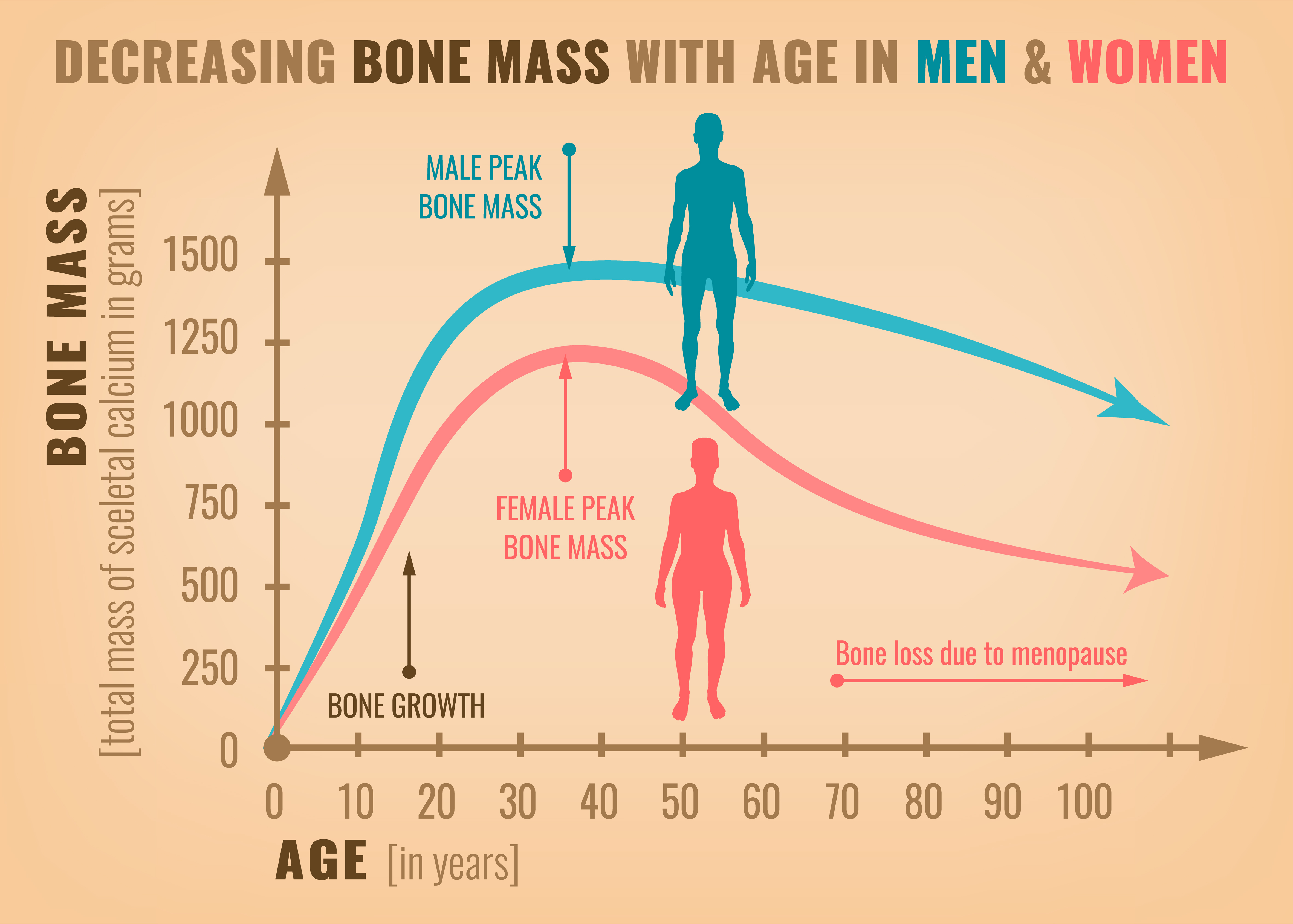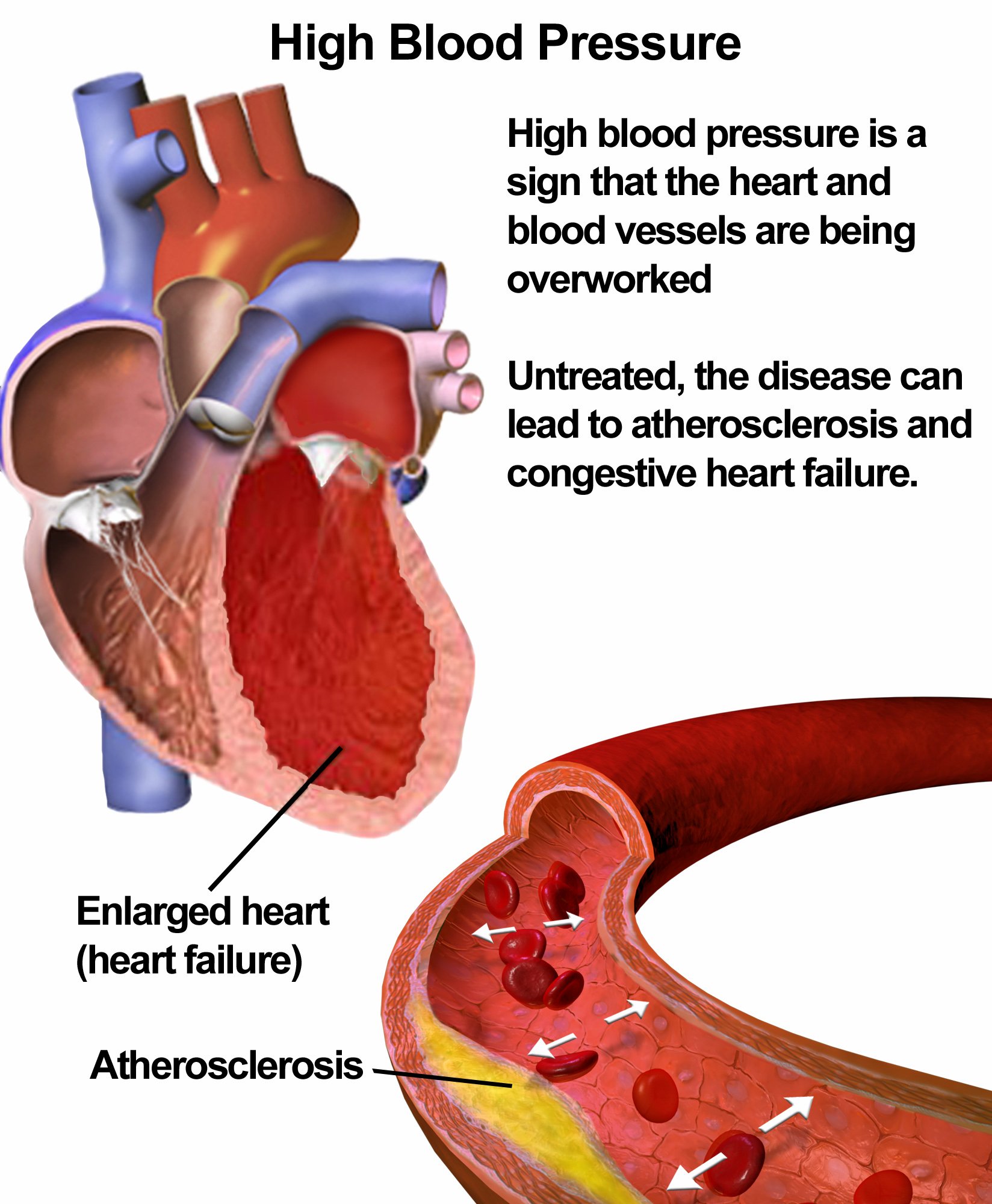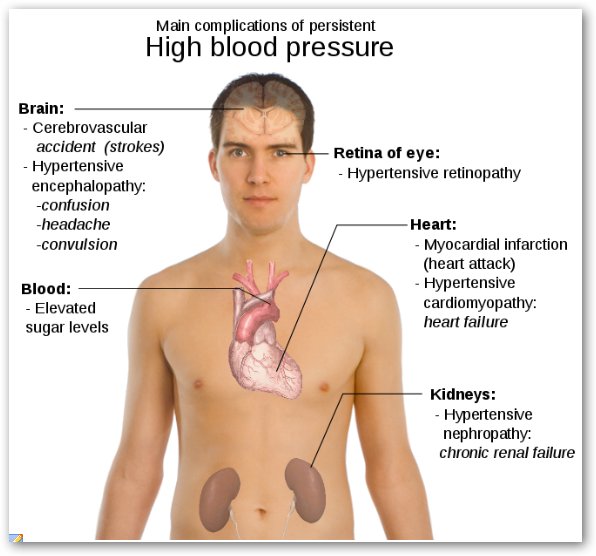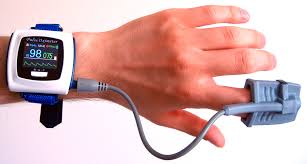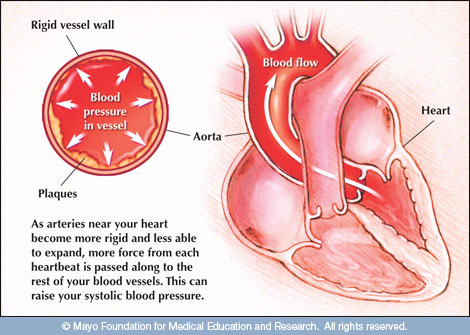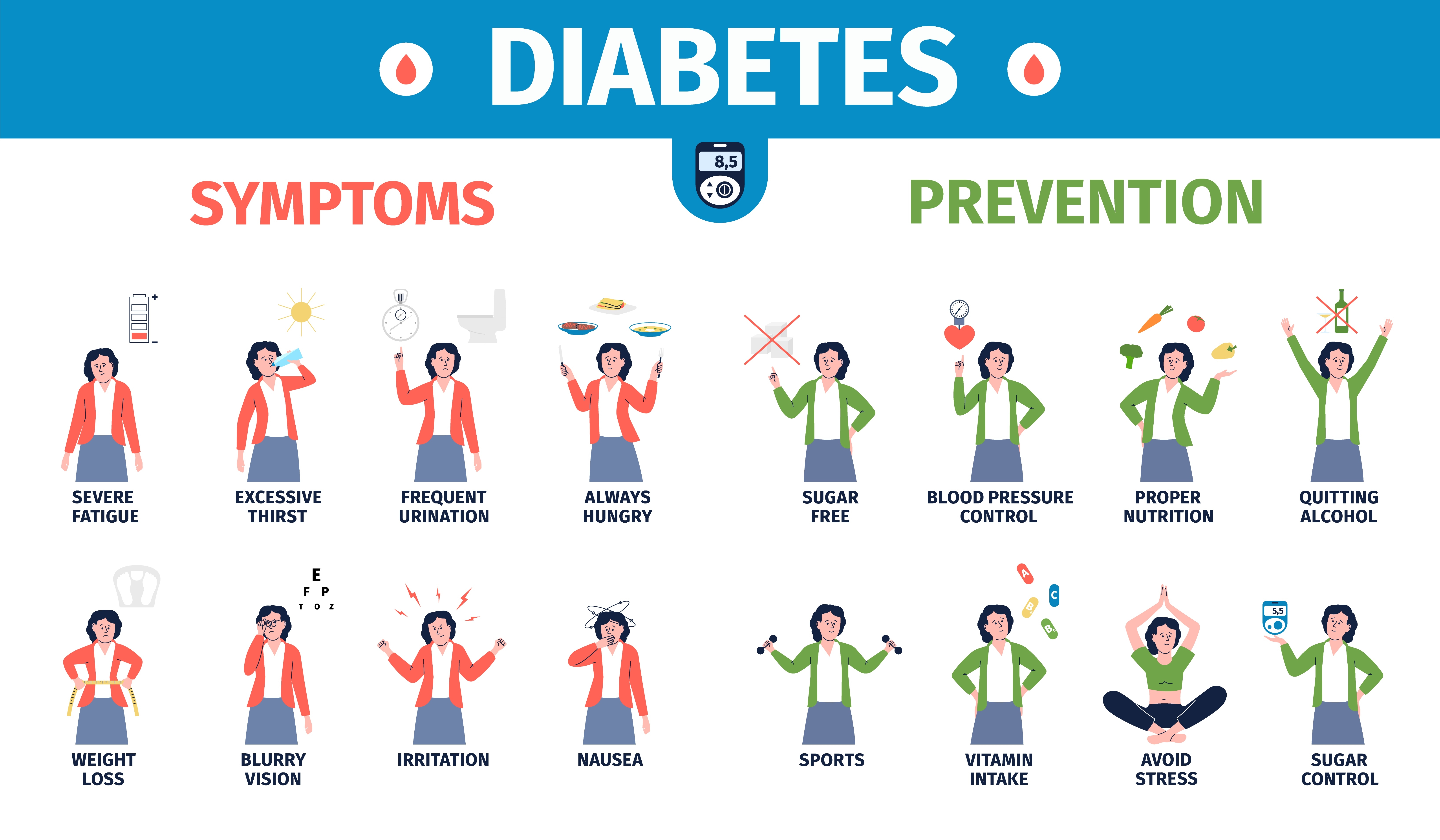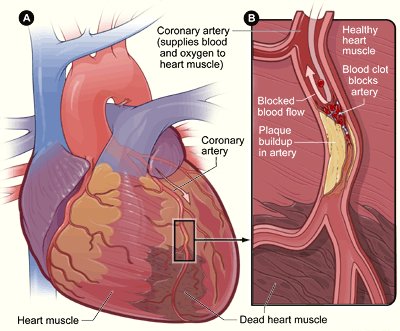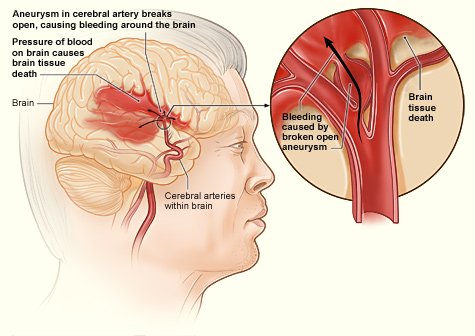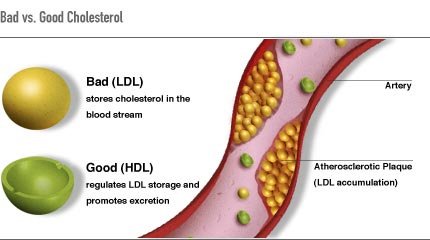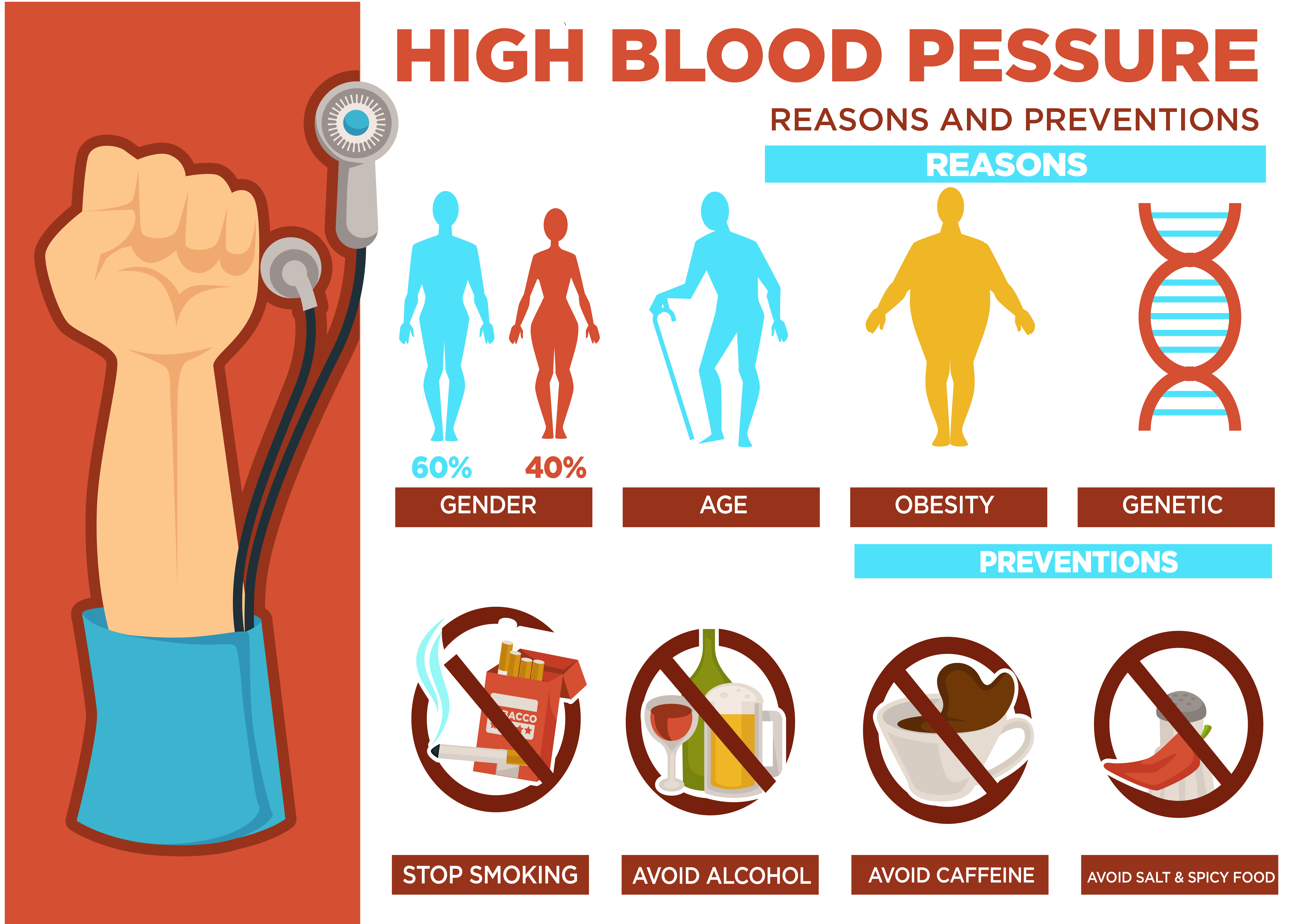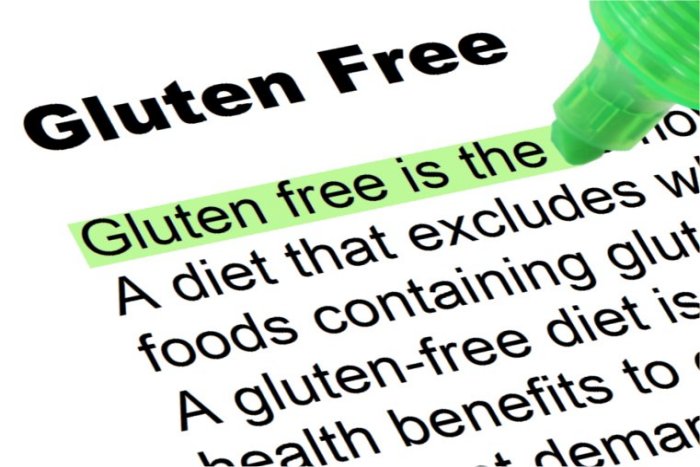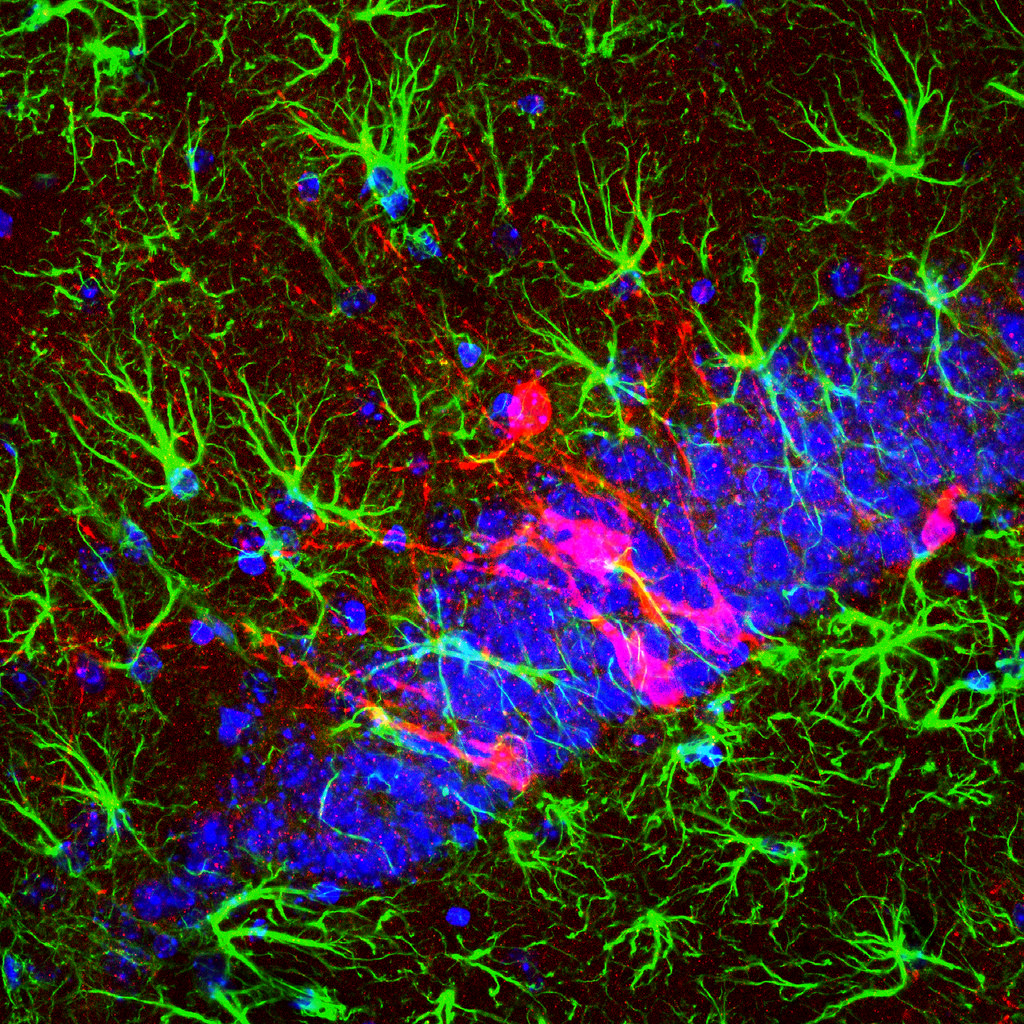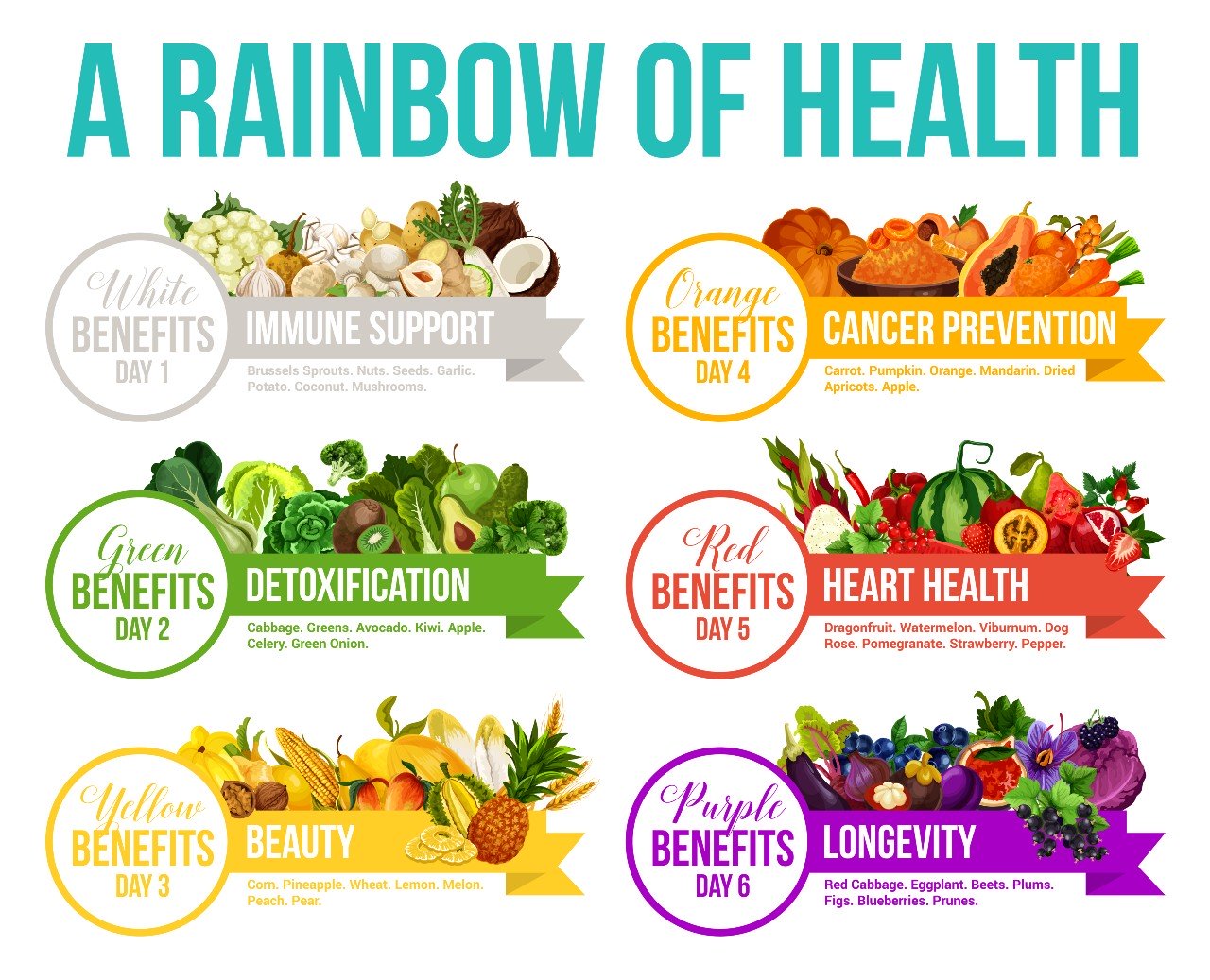How to Lower Cholesterol?
コレステロールを下げるには?
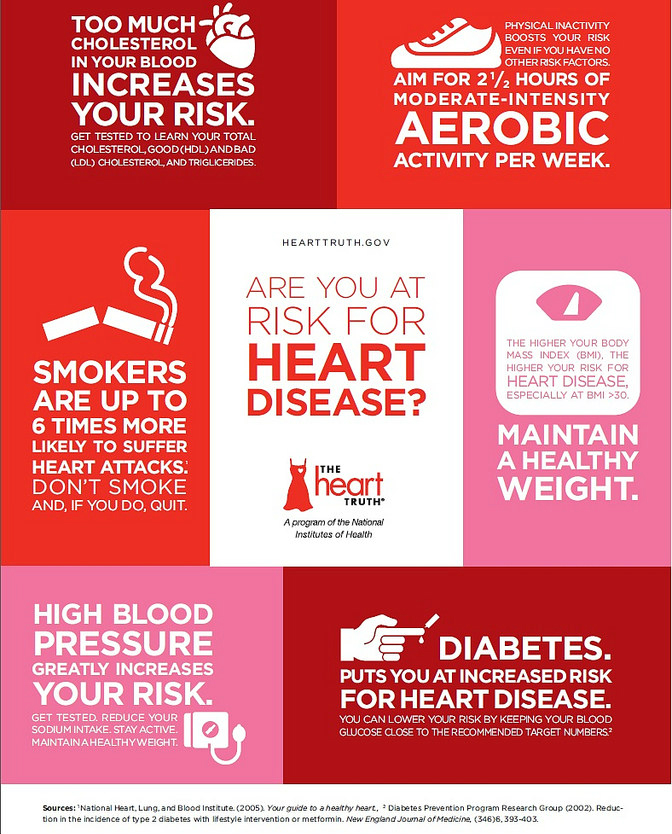
Why bother?
Heart disease is the number one killer in most countries. It is mainly caused by clogging up of the arteries by a fatty substance known as atheroma, which comes from having too much ‘fat’ in the blood. This serious process is called atherosclerosis- the condition that can lead to heart attack or stroke. There are 2 types of fat that cause damage if their levels are too high- cholesterol and triglyceride. A special blood test is taken after fasting for at least 12 hours can tell if one or both of these fats are too high.
Triglyceride
If your triglyceride level is too high, fixing the problem is quite straightforward because it is mainly due to being overweight. It is caused by having too many calories in the diet, especially from sugar and other carbohydrates and high-calorie drinks (e.g. soft drinks and alcohol, in particular beer). The aim is to get your weight down to an ideal level.
Cholesterol
Most people can lower the level through changing their diet. It has been shown that it is necessary to lose excess weight in order to get our cholesterol down. Foods rich in carbohydrates eg starchy foods (such as bread, rice and pasta) should be avoided.
GOLDEN RULES
· Keep to your ideal weight
· Take a high fibre diet eg green leafy vegetables
· Eat fish at least twice a week
· Beware of fast foods
· Avoid deep fried foods
· Take regular exercise
· Avoid biscuits in between meals
· Drink more water
· Do not smoke
It is imperative to reduce your intake of carbohydrates, and avoid all foods with a High Glycemic Index, which leads to elevated blood glucose after meals, prompting the increase of Insulin, a hormone that manages the level of blood glucose in the blood. Insulin removes glucose from the blood by turning the excess blood glucose into fats in your body, especially visceral fat around your organs and tummy.
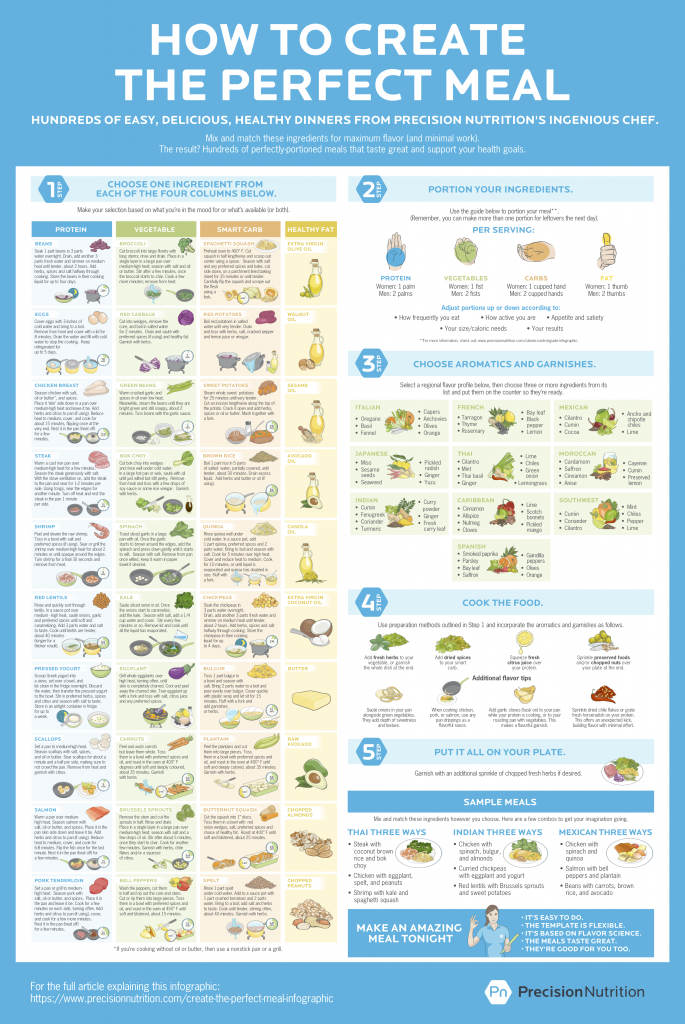
The cholesterol hypothesis is wrong - Dr Malcolm Kendrick, Author of the 'The Great Cholesterol Con'
Ten contradictions from the medical literature that show why the
cholesterol / saturated fat / heart disease hypothesis is wrong.
Dr
Malcolm Kendrick, author of the best selling book "The Great
Cholesterol Con" speaking at Rosemary Cottage Clinic Education Trust*
Autumn Seminar, 27th September 2014, in Chichester West Sussex.
Executive Health Assessment, Screening Packages & Blood Tests:
|
Is a full body check-up for you, now that you have reached a certain milestone in life? Absolutely! All men and women should have a medical screening done regularly even when you feel perfectly fine. You can detect any health conditions and diseases or detect any cancer markers early, enabling you to get treatment earlier, increasing your chances of overcoming the illness. |
 |
- Basic Screening Plan for Regular health check
- Special Screening Plan for Healthy aging & Detection of Chronic diseases
- Deluxe Screening Plan with Basic Cancer & Hormone screening
- Deluxe Enhanced Screening Plan with Comprehensive Cancer screening for Men & Women
- Pre-employment check-up
- Additional Screening Tests & Investigations
- Allergy Testing
Hypertension Symptoms & Treatment, Blood Pressure monitoring, BP Chart
|
Who is at risk and should get tested? 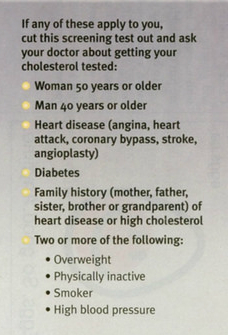 |
Cholesterol Lowering Drugs 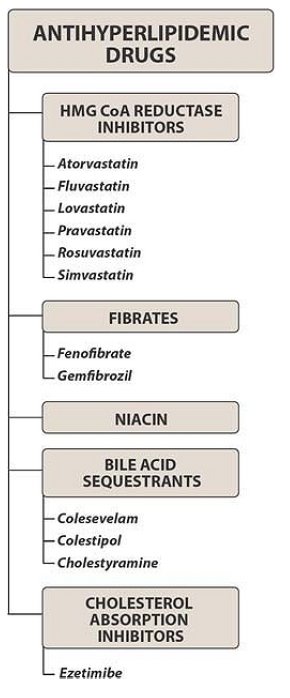 |
Comparison of Cholesterol Lowering Drugs
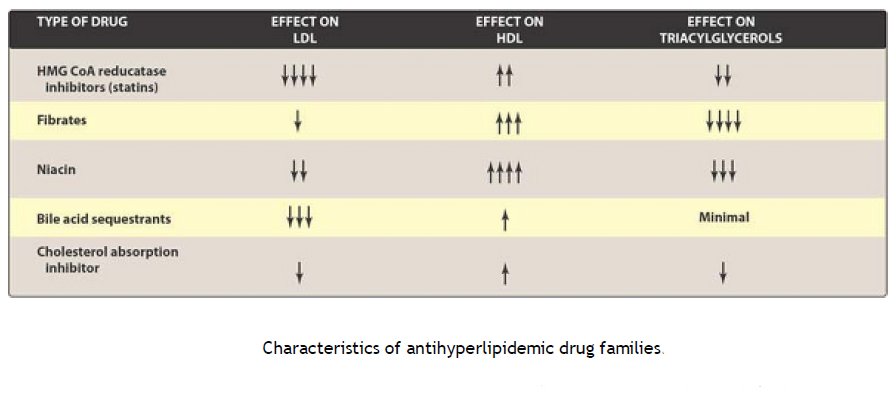
Please seek Medical attention as soon as possible if you are unsure of you or your family's health condition.
Heart Health - Coronary Heart Disease, Learn what is Angina and Stroke, as well as How to Lower Cholesterol
How a Gluten-free Diet can Improve your Chronic Illnesses
Healthy Diets for Optimal Health
|
The information provided in this website is for knowledge purposes only. It does not constitute medical advice.
Should you encounter any medical problem that you are unsure of, always consult your doctor or health care provider for assistance and medical advice.
